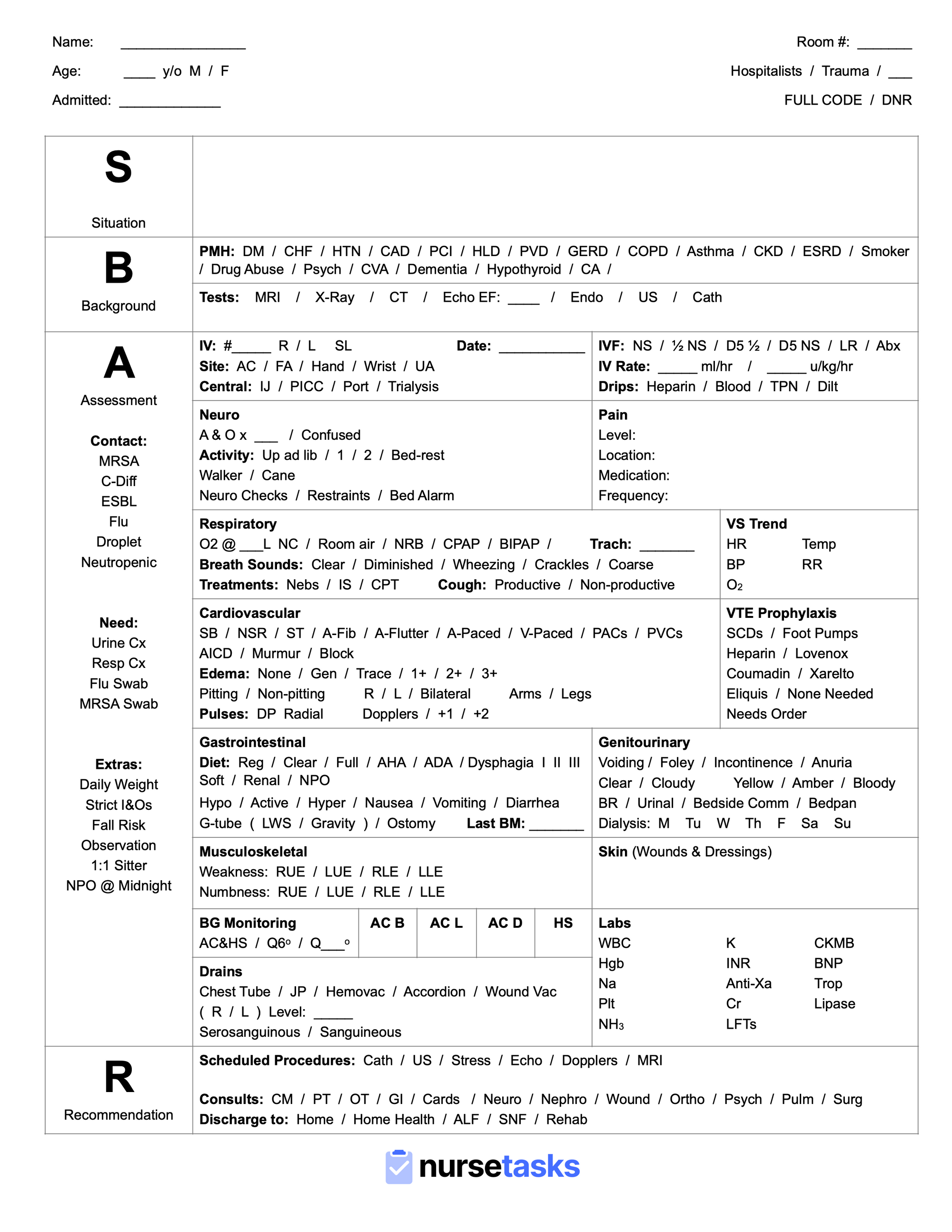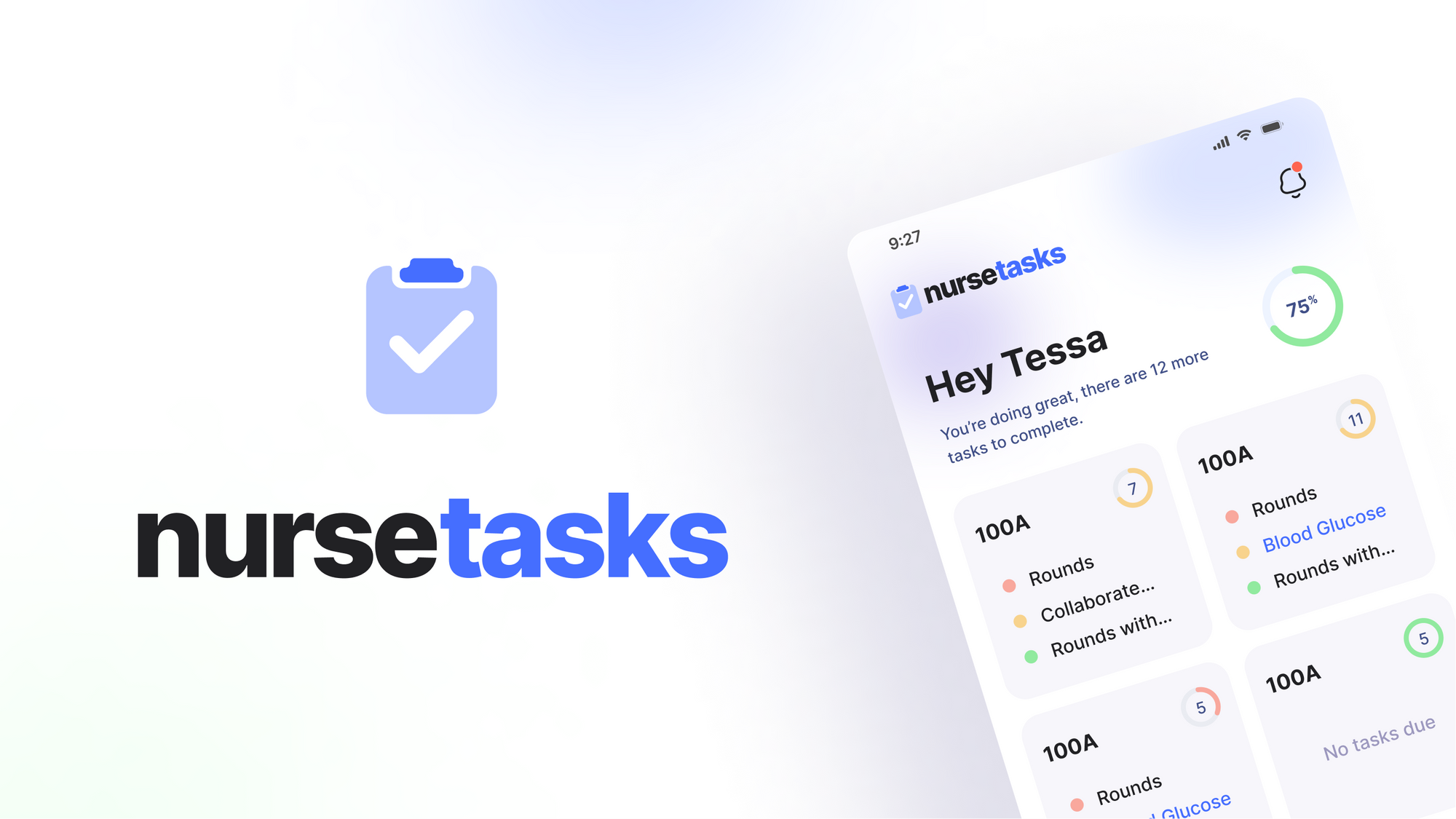Navigating Clinicals: 10 Tips for Nursing Students

Nursing students often find the clinical experience to be both exciting and challenging. Clinicals provide students with the opportunity to apply classroom knowledge in a real-world setting, but they can also be overwhelming. In this article, we will provide nursing students with a guide to navigating clinicals.
1. Understand Your Role
Before starting clinicals, it is important to understand your role as a nursing student. You are there to learn and assist, but you are not yet a licensed nurse. You should not perform tasks beyond your level of training and should always ask for guidance from your clinical instructor or preceptor.
2. Come Prepared
Make sure to come prepared for clinicals. This means bringing a notepad, pen, and clinical paperwork. You should also wear comfortable and professional attire, including comfortable shoes.
Free Nursing Report Sheets

NurseTasks App

3. Know Your Patient
Before working with a patient, it is important to know their medical history, current medications, and any special needs. You can obtain this information from the patient's chart or by asking the nursing staff.
4. Communicate Effectively
Effective communication is essential in a clinical setting. You should communicate clearly and respectfully with patients, family members, nursing staff, and other healthcare providers. It is also important to listen actively and ask questions when necessary.
5. Be Observant
Observation is a critical skill in clinicals. You should observe your patient's physical and emotional state and report any changes to the nursing staff. You should also observe and learn from the nursing staff's techniques and procedures.
6. Practice Safe Techniques
Patient safety is paramount in clinicals. You should always practice safe techniques, including proper hand hygiene, correct medication administration, and correct use of equipment. If you are unsure about a procedure, do not hesitate to ask for guidance.
7. Seek Feedback
Feedback is essential for growth and improvement. You should seek feedback from your clinical instructor or preceptor after each clinical session. Use the feedback to identify areas of strength and weakness and to set goals for improvement.
8. Reflect on Your Experiences
Reflection is an important part of the clinical experience. Take time to reflect on your experiences, including what you did well and what you could improve upon. Reflection can help you learn from your experiences and develop as a nursing student.
9. Manage Stress
Clinical experiences can be stressful, but it is important to manage stress effectively. Take breaks when necessary, practice deep breathing or meditation, and engage in activities outside of school to help manage stress.
10. Embrace the Experience
Finally, embrace the clinical experience. It is a unique opportunity to learn and grow as a nursing student. Take advantage of the experience by asking questions, observing, and practicing your skills.
Clinicals can be challenging, but they are an essential part of the nursing education. By understanding your role, coming prepared, knowing your patient, communicating effectively, being observant, practicing safe techniques, seeking feedback, reflecting on your experiences, managing stress, and embracing the experience, nursing students can navigate clinicals successfully. Remember that clinicals are a time to learn and develop as a nursing student, so take advantage of the experience to build your skills and knowledge.






